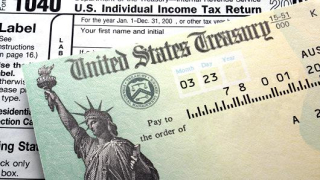 Taxpayers who have a valid extension until October 15, 2017 to file income tax returns and who live in the covered Texas disaster area may be helped by the IRS extending the filing periods.
Taxpayers who have a valid extension until October 15, 2017 to file income tax returns and who live in the covered Texas disaster area may be helped by the IRS extending the filing periods.
IRS announced certain relief from deadlines relating to filing and certain tax deposits for Hurricane Harvey victims. The IRS action covers filings that were due or matters that occurred on or after August 23, 2017(1). Returns for tax payers who have valid filing extensions in the affected Texas Counties have filing deadlines extended again until January 31, 2018. The extensions for eligible taxpayers also includes the quarterly estimated income tax payments originally due on Sept. 15, 2017 and Jan. 16, 2018, and the quarterly payroll and excise tax returns normally due on Oct. 31, 2017. In addition, penalties on payroll and excise tax deposits due on or after Aug. 23, 2017, and before Sept. 7, 2017, will be abated as long as the deposits were made by Sept. 7, 2017.
Generally, the persons eligible for this relief include individuals who live, and businesses whose principal place of business is located, in the covered disaster area. The returns eligible include individual, corporate, and estate and trust income tax returns; partnership returns, S corporation returns, and trust returns; estate, gift, and generation-skipping transfer tax returns; and employment and certain excise tax returns), that have either an original or extended due date occurring on or after Aug. 23, 2017, and before Jan. 31, 2018. Affected taxpayers that have an estimated income tax payment originally due on or after Aug. 23, 2017, and before Jan. 31, 2018, will not be subject to penalties for failure to pay estimated tax installments as long as such payments are paid on or before Jan. 31, 2018.
 Houston Estate Planning and Elder Law Attorney Blog
Houston Estate Planning and Elder Law Attorney Blog


